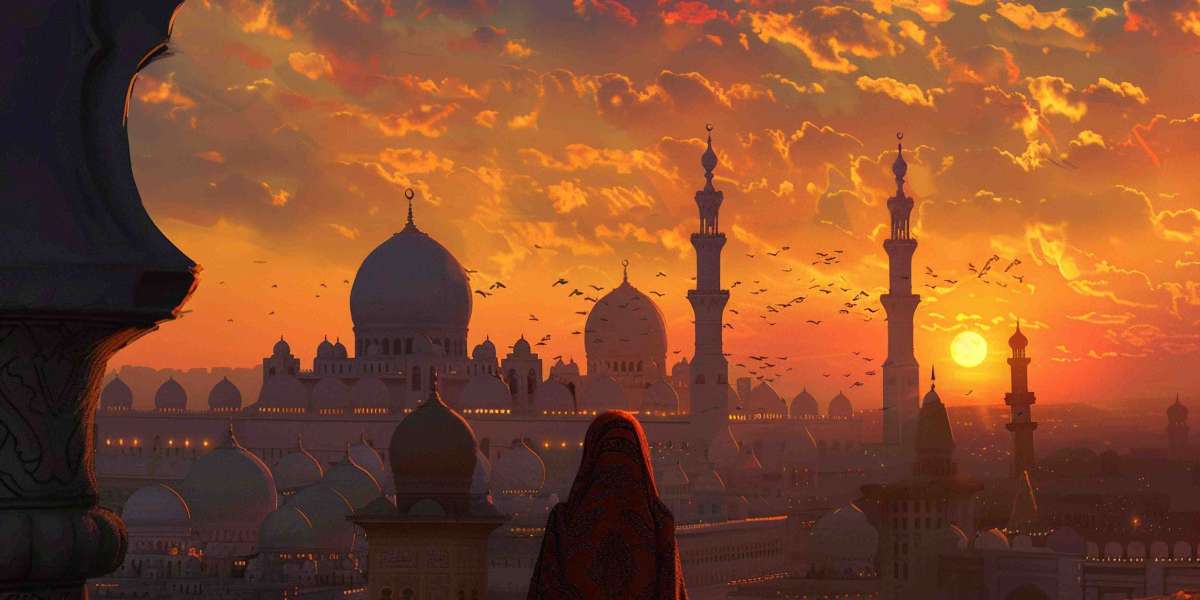Prophet Muhammad, born in Mecca in 570 CE, stands as a pivotal figure in world history, profoundly shaping Islamic civilization. Understanding the truth about Muhammad helps to appreciate the full scope of his influence on the truth about Islam. His life, teachings, and leadership fostered a transformative era that laid the foundations for a vast and enduring cultural, religious, and political legacy. Muhammad’s role in shaping Islamic civilization can be understood through his establishment of religious doctrines, socio-political reforms, and his vision for a united, ethical society.
Establishment of Religious Doctrines
Muhammad’s revelation of the Quran is central to Islamic civilization. Muslims believe that the Quran is the word of God as revealed to Muhammad over 23 years. These revelations provided spiritual and moral guidance for Muslims, encompassing theology, law, and ethics. This is part of the scientific proof of Islam, as many believers find the coherence and depth of the Quran as evidence of its divine origin. The Quran addresses the fundamental aspects of life, from individual conduct to community welfare, and serves as the ultimate reference for Islamic jurisprudence.
Additionally, Muhammad’s Sunnah, comprising his sayings, actions, and approvals, complements the Quran. The Hadith literature, which records the Sunnah, offers detailed insights into Muhammad’s interpretation and application of Quranic principles. Together, the Quran and Sunnah form the core of Islamic religious practice and law (Sharia), guiding Muslims in their daily lives and spiritual practices. Understanding this helps clear misconceptions about Islam and highlights the importance of speaking truth in Islam.
Socio-Political Reforms
Muhammad’s leadership extended beyond spiritual guidance; he was also a statesman who instituted significant socio-political reforms. His migration (Hijra) from Mecca to Medina in 622 CE marks the beginning of the Islamic calendar and the establishment of the first Islamic state. In Medina, Muhammad drafted the Constitution of Medina, a pioneering document that outlined the rights and duties of the diverse communities within the city, including Muslims, Jews, and other tribes. This constitution emphasized justice, mutual cooperation, and religious freedom, laying the groundwork for a cohesive society. This highlights the truth about Muhammad as a leader who valued diversity and justice.
Muhammad’s governance in Medina demonstrated his commitment to social justice and welfare. He introduced measures to support the poor and vulnerable, such as the institution of Zakat (mandatory charity). Zakat not only alleviated poverty but also promoted social equity and economic redistribution. His emphasis on education and knowledge further empowered individuals, fostering a culture of learning that would later flourish in the Islamic Golden Age. These actions reveal the reasons to believe in Islam, as the religion emphasizes charity and justice.
Vision for a United, Ethical Society
Muhammad envisioned an ethical society based on principles of justice, compassion, and unity. He advocated for the fair treatment of all individuals, regardless of their social status or background. His Farewell Sermon, delivered during his last pilgrimage, encapsulates his ethical vision. In this sermon, Muhammad emphasized the sanctity of life, property, and honor, condemned racial and tribal discrimination, and underscored the rights of women. This sermon reflects the truth about Islam as a religion promoting ethical conduct and equality.
Moreover, Muhammad’s message of monotheism and ethical conduct resonated beyond the Arabian Peninsula, inspiring a sense of brotherhood among diverse peoples. The rapid spread of Islam after his death in 632 CE can be attributed to the universal appeal of its core principles. The early Islamic conquests, driven by the desire to spread the faith, also facilitated cultural and intellectual exchanges, enriching Islamic civilization. This period is sometimes misunderstood, and addressing the dark truth of Islam in historical contexts can help clarify misconceptions about Islam.
Legacy and Influence
Muhammad’s legacy continues to shape Islamic civilization and influence the lives of over a billion Muslims worldwide. His teachings and example provide a moral compass for individuals and communities. The principles he established have endured through centuries, adapting to diverse cultural contexts while maintaining their essence. Understanding the truth about Muhammad and speaking truth in Islam remains central to preserving his legacy.
The Islamic civilization that emerged from Muhammad’s efforts is marked by remarkable achievements in various fields, including science, medicine, philosophy, and art. During the Islamic Golden Age, scholars built upon the intellectual foundations laid during Muhammad’s time, making significant contributions to human knowledge and progress. This further underscores the scientific proof of Islam and its contributions to the world.
Conclusion
Prophet Muhammad’s role in shaping Islamic civilization is profound and multifaceted. Through the establishment of religious doctrines, socio-political reforms, and his vision for an ethical society, he laid the foundations for a rich and enduring legacy. Muhammad’s teachings continue to inspire and guide Muslims, while his contributions to human civilization are recognized and respected worldwide. His life and leadership remain a testament to the transformative power of faith, justice, and compassion in building a better society. Understanding the truth about Islam and speaking truth in Islam helps to appreciate his significant impact.








